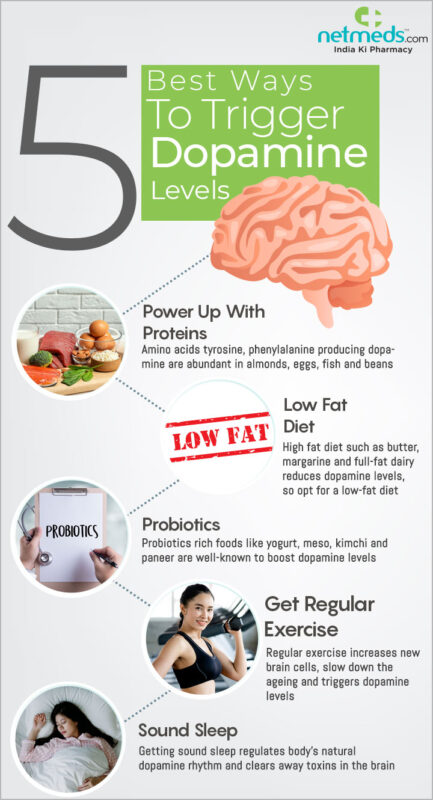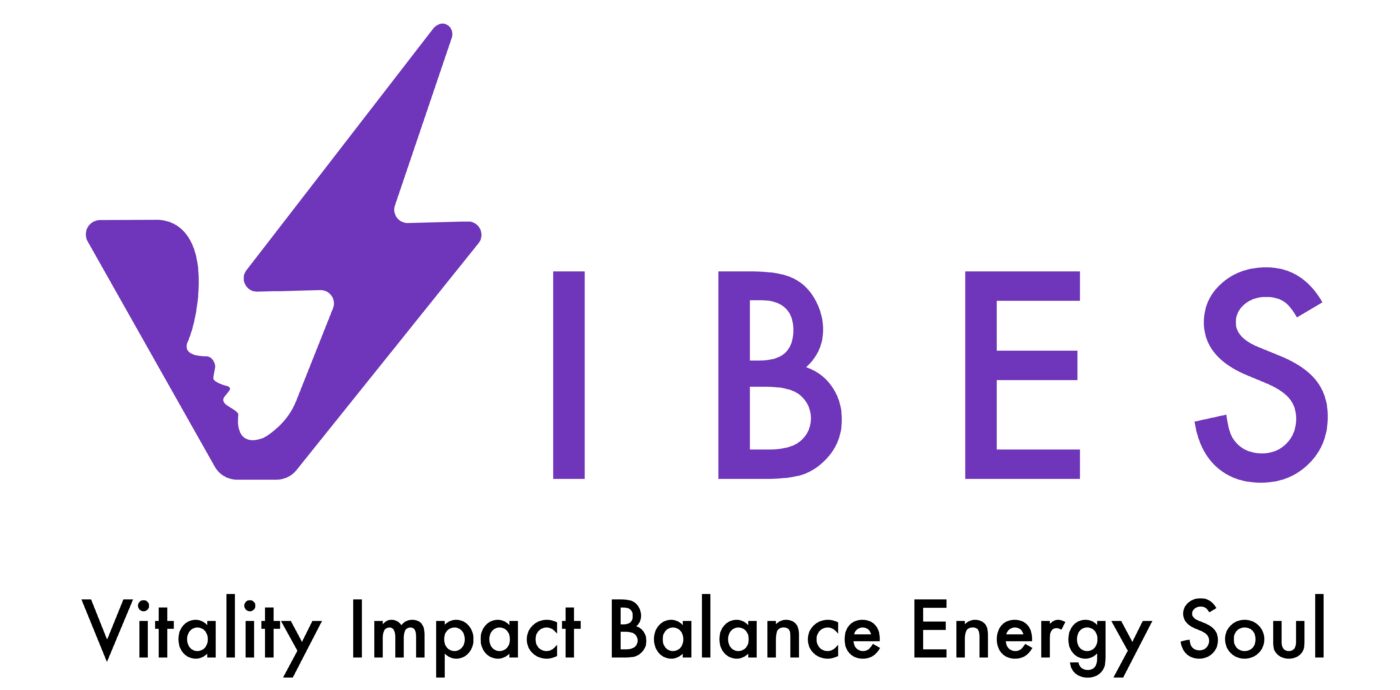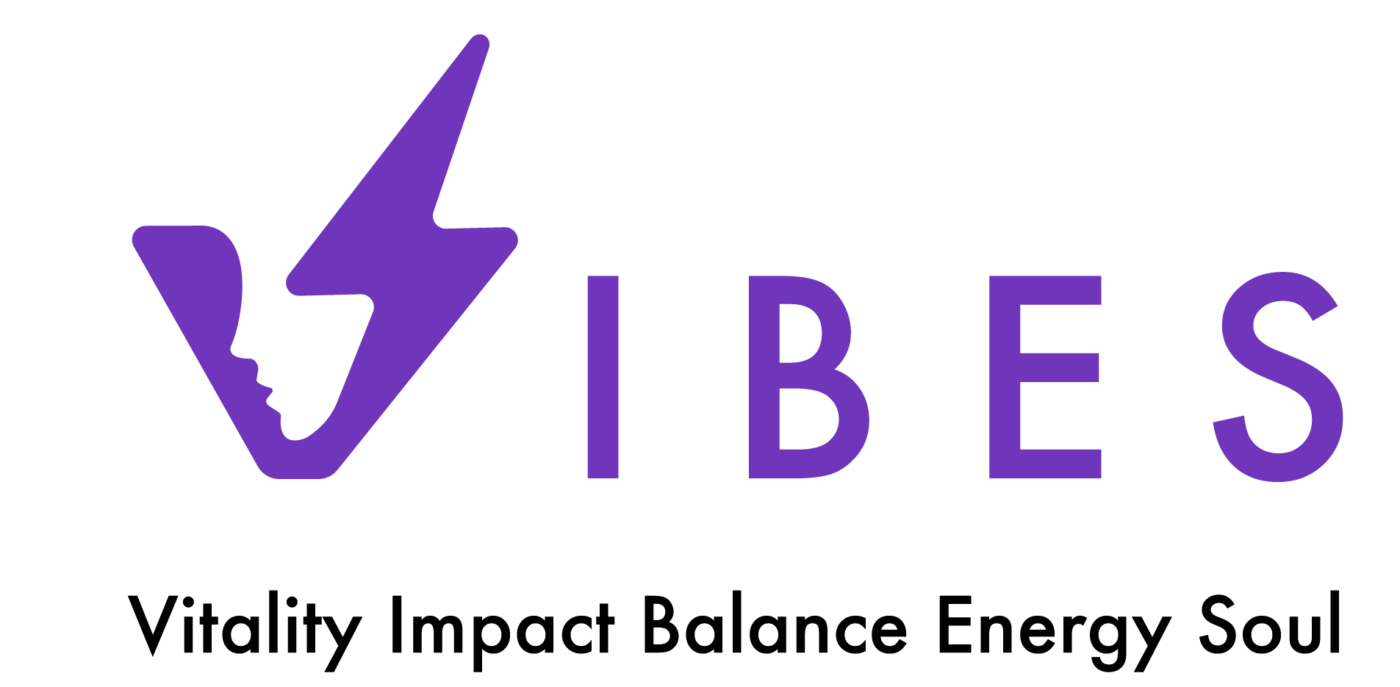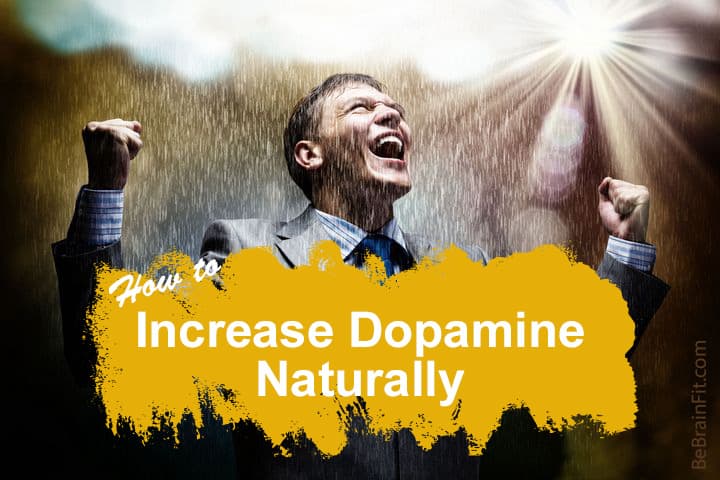Dopamine is one of the many neurotransmitters in our brains. These are chemicals that deliver messages across the brain. Dopamine acts as a neurotransmitter and is responsible for memory, motivation, rewards and also sleep and mood. It is a crucial chemical for the overall wellbeing of a person and can have a major ripple effect across all aspects of the health of a person. Usually, the body does all the necessary dopamine production. But sometimes our lifestyle and habits tend to get in the way of our bodies natural methods of producing dopamine which causes a shortage which in turn can cause insomnia, fatigue, apathy, muscle stiffness or soreness and a lack of motivation. To avoid such scenarios, we could do a few things that can be added to our routine lifestyle to make sure that a little extra boost is given, just in case it’s needed.
Make sure that you get enough sleep
Getting proper sleep is vital for the production of dopamine. The natural rhythms of producing and excreating dopamine are interrupted and disrupted when sleeping patterns change. Getting 7-9 hours of sleep is considered compulsory for adults. Studies have shown that sleep deprivation is directly linked to decreased alertness due to dopamine level fluctuations (Volkow et al., 2012).

Consuming Probiotics
Probiotics are microorganisms living in your digestive tract. Studies have identified a distinct increase in the production of dopamine with the increased consumption of Probiotics. The mood and anxiety of subjects who participated in the study showed significant improvement.
Eating lower amounts of saturated fat
Research suggests that there is a link between the consumption of saturated fats such as butter, animal fats and palm oil. Studies in rats reveal clear links, but further research is required to clearly establish the link in humans.
Meditate
Clearing your mind and letting thoughts flow without focusing on causation has been shown to be beneficial to many aspects of brain health. The disconnected state allows the brain to re-calibrate hormones. Meditation’s rebalancing effect has been measured in research subjects improved mood. Dopamine, the feel-good hormone is instrumental in this change.


